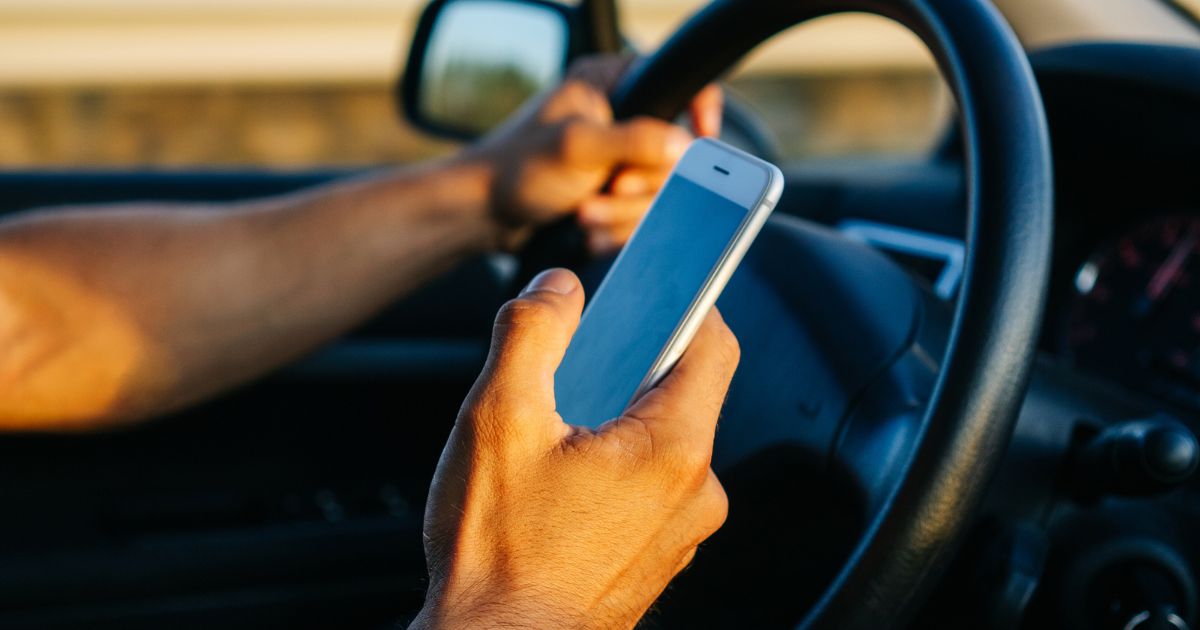How to Prove Distracted Driving in Your Personal Injury Case?
Distracted driving refers to any activity that diverts attention from driving. This includes talking, texting, eating, or adjusting the radio. There are three main categories: visual (taking eyes off the road), manual (removing hands from the wheel), and cognitive (losing focus on driving). To prove distracted driving in a personal injury case, you must establish that the driver engaged in one or more distracting activities at the time of the accident.
What Are the Legal Implications of Distracted Driving?
Distracted driving carries significant legal consequences. It is considered a form of negligence, meaning the driver failed to exercise reasonable care while operating their vehicle. If you can prove that distracted driving contributed to the accident, you might be able to hold the driver liable for damages resulting from the crash, including your medical expenses and lost wages.
What Evidence Is Needed to Prove Distracted Driving?
This kind of evidence can be leveraged to prove distracted driving:
- Cell phone records often provide significant information, showing whether the driver was texting or making calls around the time of the accident.
- Witness testimony is another source of evidence. Individuals who observed the driver’s behavior before the collision can shed light on potential distractions.
- Traffic camera footage or dashcam recordings can capture the driver’s actions leading up to the incident.
- Forensic analysis of vehicle data, such as onboard computers, can reveal if the driver was using in-car entertainment systems at the time.
How Can Cell Phone Records Support a Distracted Driving Claim?
Cell phone records can reveal call logs, text messages, and app usage around the time of the accident. By obtaining these records, you can establish a timeline that aligns with the incident. For example, if text messages were sent or received just before the crash, it may suggest that the driver was distracted by texting.
What Role Does Witness Testimony Play?
Witness testimony can provide valuable insights into the driver’s behavior prior to the accident. Eyewitnesses who saw the driver using a phone, eating, or engaging in other distracting activities could testify to these observations. Their accounts help establish that the driver’s inattention contributed to the accident.
How Can Traffic Camera Footage Be Utilized?
Many intersections and highways are equipped with cameras that capture video of traffic flow and driver behavior. This footage might show if the driver was distracted at the time of the crash. It also provides context about the driving conditions, like rain, and the actions of other drivers involved.
What Is the Role of Forensic Analysis in Distracted Driving Cases?
Forensic analysis involves examining physical evidence related to the accident. In cases of distracted driving, this might include analyzing data from the vehicle’s onboard computer systems. Modern vehicles often come equipped with event data recorders (EDRs) that capture information like speed, braking patterns, and the use of in-car technologies.
This data helps establish whether the driver engaged with electronic devices or other distractions at the time of the accident. Forensic analysis may also involve examining physical evidence from the scene, such as skid marks or debris, to understand the dynamics of the collision.
How Can I Gather Evidence for My Case?
Start by collecting all available documentation, like cell phone records, witness statements, and relevant traffic camera footage. You may need to work with an accident reconstruction specialist to secure forensic analysis of vehicle data and other pertinent information.
This is time-consuming, challenging work that typically requires legal guidance. A car accident lawyer can manage the collection and presentation of evidence to build a persuasive case.
The Savannah Car Accident Lawyers at Kicklighter Law Focus on Helping Clients Injured in Distracted Driving Accidents
The experienced Savannah car accident lawyers at Kicklighter Law are well-equipped to handle cases involving distracted driving and offer confidential consultations. Call us at 912-754-6003 or contact us online today. Located in Springfield, Georgia, we serve clients in Savannah, Effingham County, and the surrounding areas.

